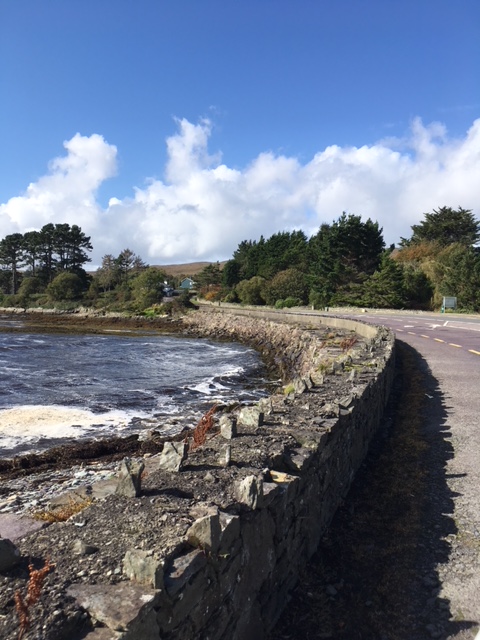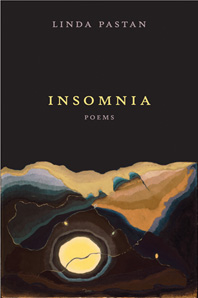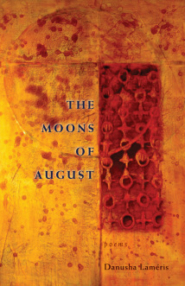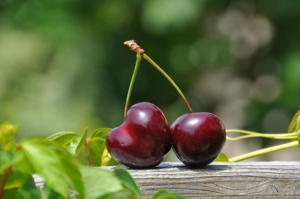
I stayed up late New Year’s Eve — making a last-ditch, under-the-wire effort to meet my submission goals for 2017. “Getting my ducks in a row.” Or attempting to.
I believe my husband said goodnight and went to bed at 8:30. Daughter #3 (the only duckling still at home) disappeared into the night around the same time. I am of two minds about this: 1) that this was a little pathetic of me; and 2) that hanging out with my poems and stories and various journal web-sites and submittable pages was a perfectly healthy way to spend the holiday.
Anywho, that’s what I did. And here’s a quick recap of the year’s send-out.
I submitted poems to 55 venues in 2017.
This was only 5 short of my goal of 60, and if I were better at counting, I would have had 60, so…I’m okay with that. Of the 212 (approximate) poems I submitted, 17 were accepted and one was a contest winner. The 12 submissions between 12/24 and 12/31 of course have not yet enjoyed a response, and 4 others from earlier in the year are still hanging fire.
In 2017, I submitted 12 short stories —
This met my goal – which was no small potatoes when you look back at my (abysmal) history of short story send outs. Moreover, one story was a runner-up in Calyx’s Margarita Donnelly contest and is published on-line (hurrah!). A BIG first for Bethany! I can’t report on the ratio of send-out to acceptances yet, as five just went out, but I’ll keep you posted.

On the south coast of Ireland, Sept. 30, 2017
What I learned from submission efforts is a topic that I need to revisit, and will revisit in future posts. I LEARNED SO MUCH, even (especially) from the missteps.
A recap of 2017 could include so many other important details — the blog overhaul (which is still on-going), the novel which is still not 100% finished with me but somehow made it to 4 contests (1: no; 3: awaiting response), plus into the hands of my film-school graduate friend. The new (“new”?) novel that is happily underway…
Oh, and family life (that!), trips (Ireland!), not to mention writing conferences (2!) poetry readings, new poems drafted, and books read…and so forth.
So what do I write about next?
Thanks to a challenge at Donna Vorreyer’s blog I have made a commitment to write a blogpost at least once each week in 2018, which will give me lots of wiggle room to get you caught up on well, moi, and the writing life.
If you have any goals (even baby step goals) in 2018, please share in the comments. If you think I can help, email me at bethany.alchemy@gmail.com — you can also leave your email on the sign-up form (whether or not you’d like to open the PDF of my 7-days-of writing encouragement) to receive my sporadic newsletter updates.
No matter what else 2018 holds for you, I hope you write.










